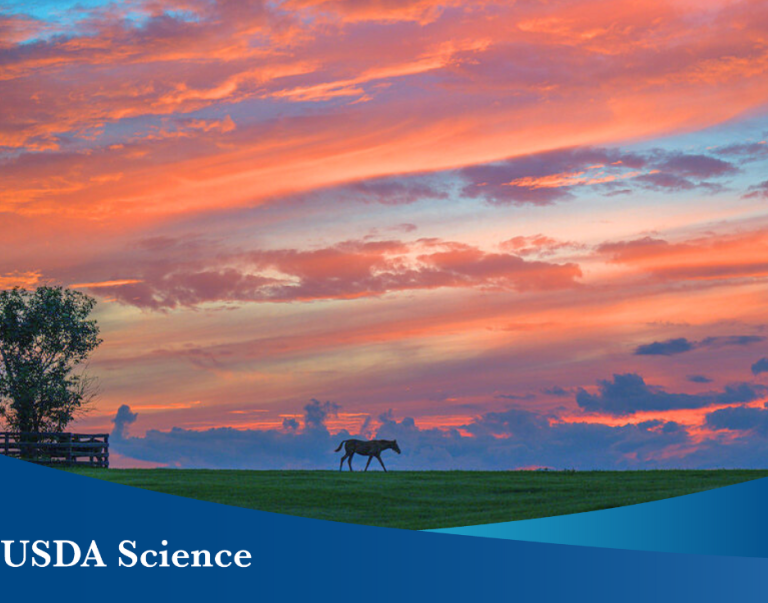
As USDA celebrates 150 years of serving American agriculture and rural communities, it is important to remember the enormous contribution of the Cooperative Extension Service, a three-way partnership between USDA and our state and county partners that forms a nationwide network of expertise. These experts work with Americans on issues that relate to a wide range of topics including: agriculture, natural resource management, nutrition, youth development, community empowerment, household and family budgeting, and disaster assistance, among others.
On the agriculture side, the Cooperative Extension System has been our best kept secret in enabling the transformation of our agricultural system through science. Extension professionals at our Land Grant universities and in field offices around the country have been and continue to be instrumental in agricultural and rural development successes. These experts translate and adapt research results for use by our farmers and ranchers in the field, while working closely with these producers to feed their insights and ideas back into the research process, ensuring that the research being done meets their needs.
Unfortunately, not all countries have such a robust and decentralized network of public research and extension professionals, helping people understand and incorporate science-based information, methods, and tools into their own operations. To support food, water, energy, health, and environmental security globally, there is a great opportunity for us to help strengthen the extension of scientific knowledge around the world by helping other nations strengthen their own extension systems in the ways that make the most sense for them – ways that frequently combine both public and private actors.
This is why I’m pleased to announce a recent partnership between USDA and CABI’s Plantwise Initiative. In collaboration with local organizations, Plantwise has formed a network of 182 “plant clinics” in 19 countries around the world. Through the USDA-Plantwise partnership, USDA research and information will be electronically transferred to the Plantwise global knowledge bank so that the “plant doctors” at these clinics will have easier access to in order to help farmers in far off places diagnose and control the plant pests and diseases affecting their fields.
Bangladesh, for example, currently has 19 Plantwise clinics operating through three local partners. USDA information and research will be fed into Plantwise’s knowledge bank, which “plant doctors” use at clinics in rural areas. The clinics are set up like medical clinics: farmers bring in diseased plants to work with the doctors in diagnosing the problem and finding ways to manage it.
While nearly two thirds of Bangladeshis work in agriculture, and 80 percent of the country relies on agriculture for their subsistence, 10 to 25 percent of their expected production is lost to pests annually. Programs like Plantwise can play an important role in empowering Bangladeshi farmers with the right knowledge to address these pests in an integrated and effective way, thereby reversing the loss crops, and increasing their food production.
These local extension clinics help close the gap between researchers and practitioners, much the way that Extension professionals do in the United States. At USDA, we will continue to bring our experience with research, extension, and education systems to assist those that need our assistance – to further our mutual goals of food security, health, and sustainability. Beyond our work with CABI, we are exploring a number of other ways to ensure that the American system of agricultural science - including the powerful tool of extension - is both strengthened and improved by our engagement with countries around the world.


